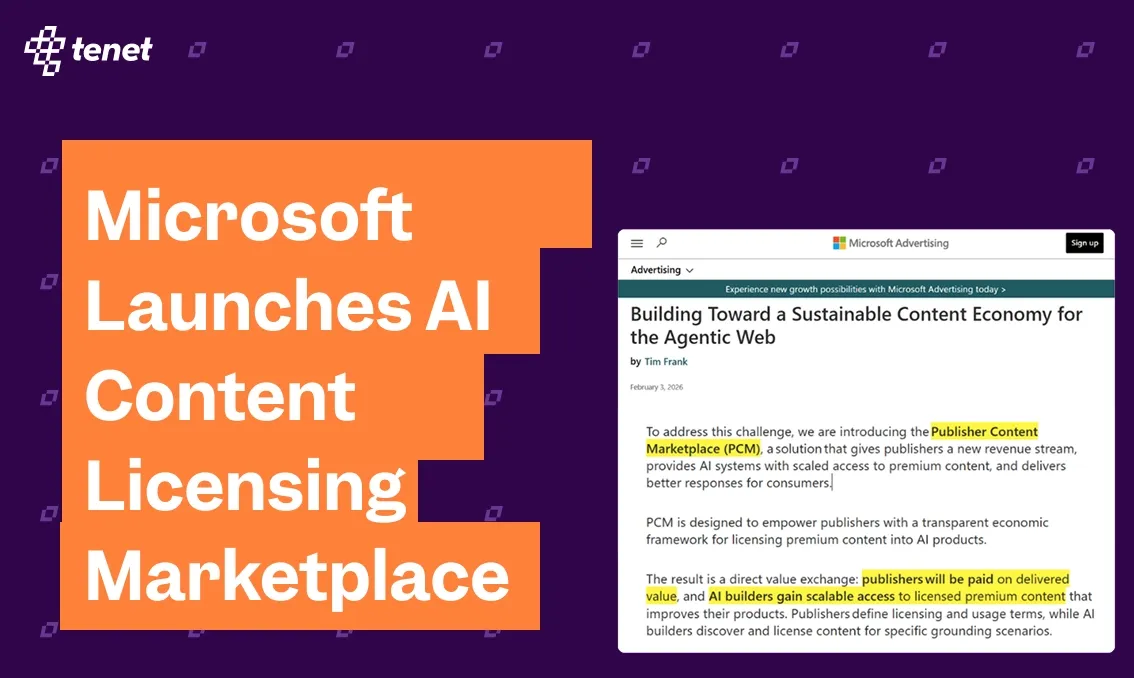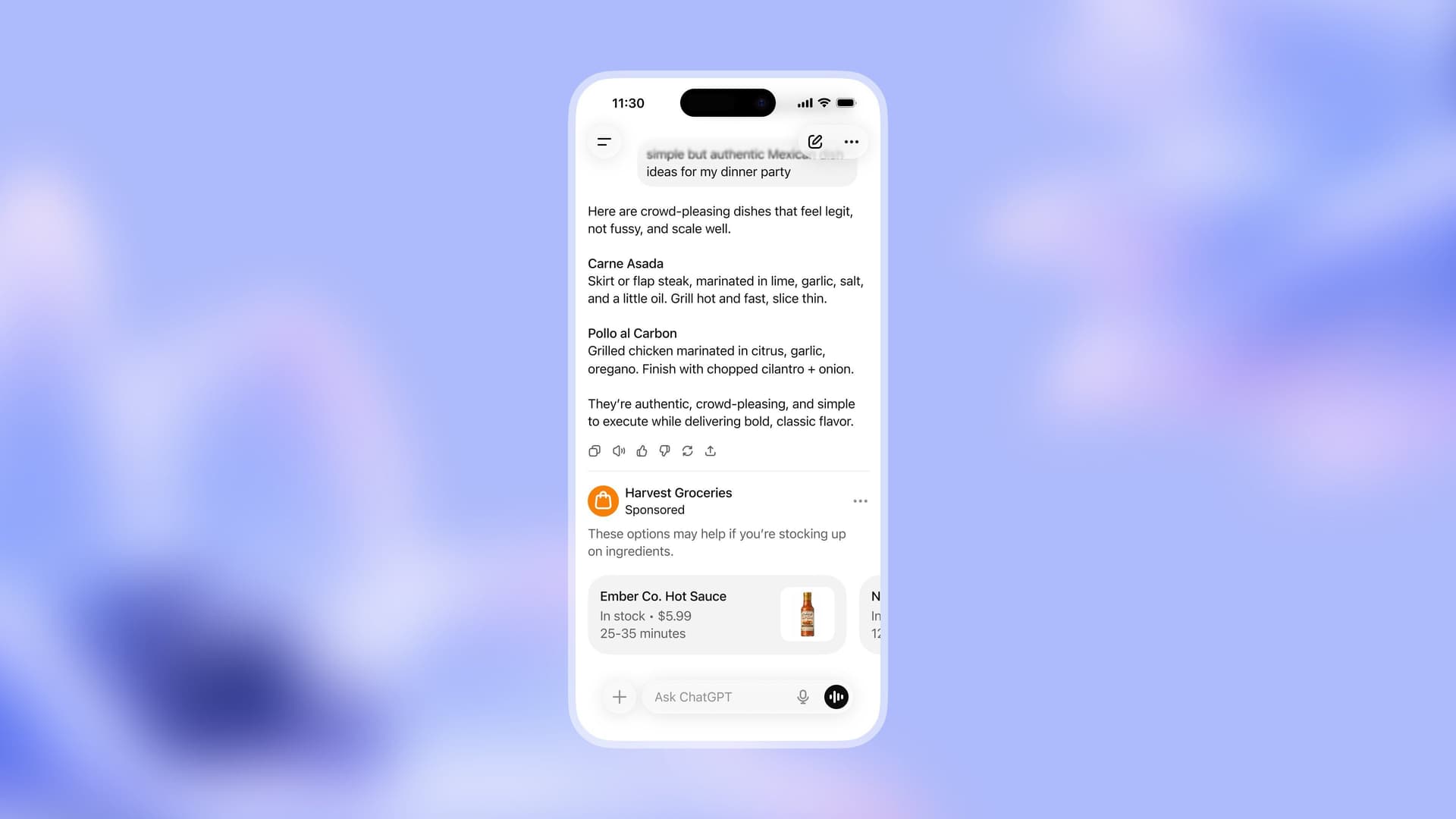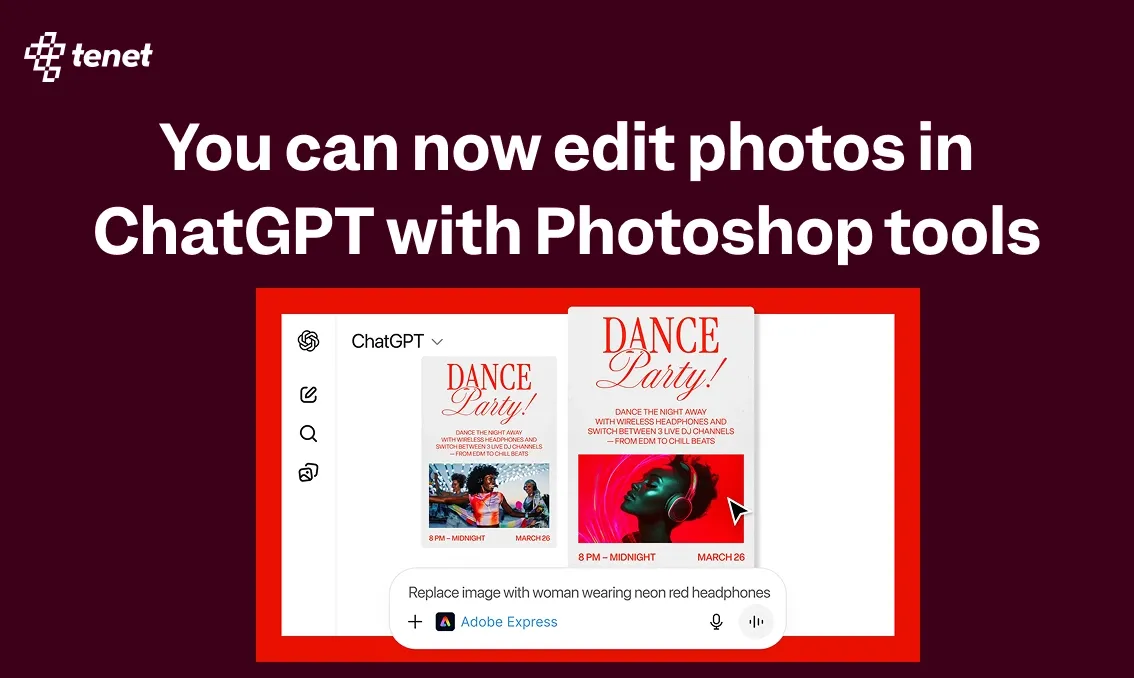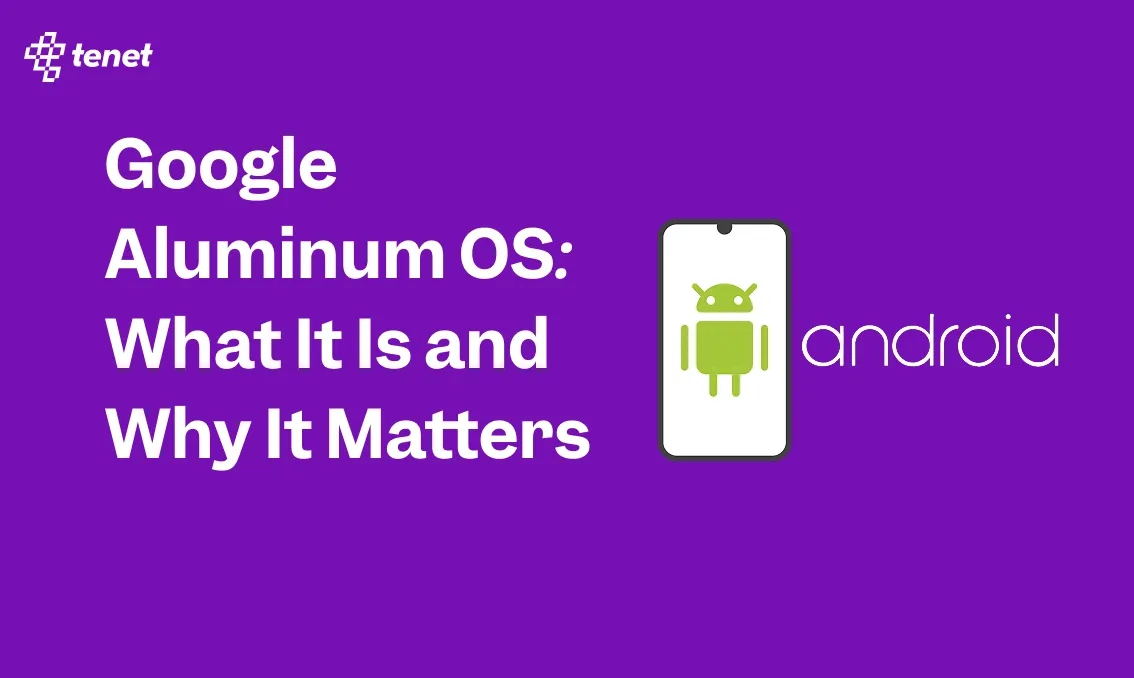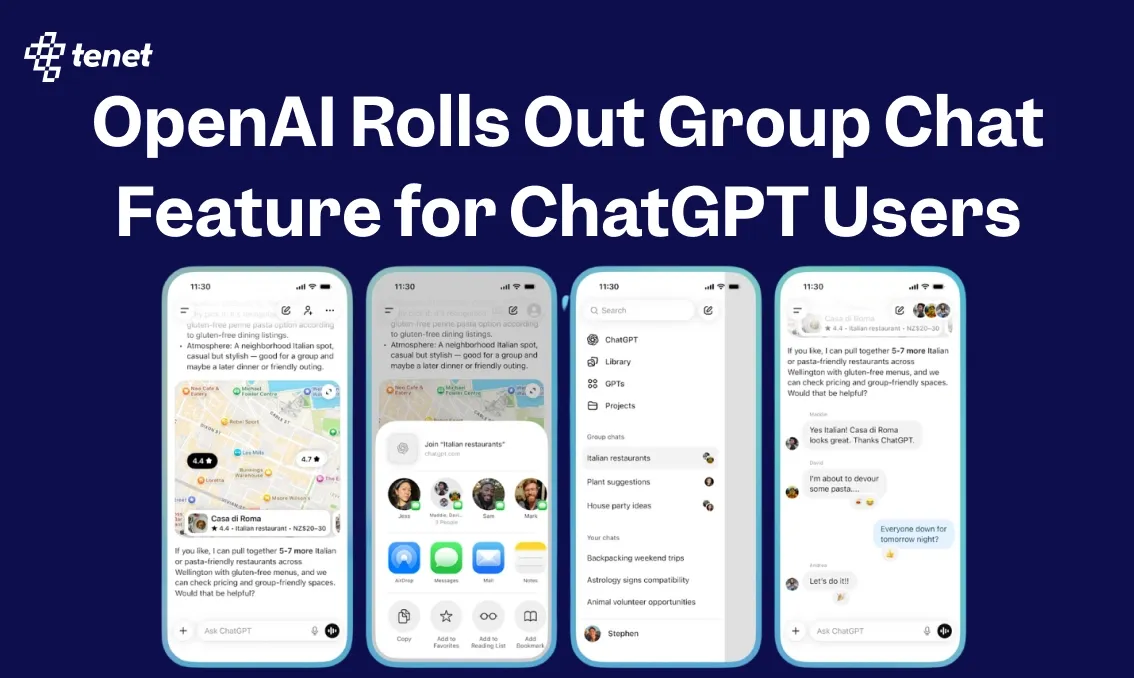Google Introduces AI Mode: Shifts from Rankings to Contextual Presence
Share
Share
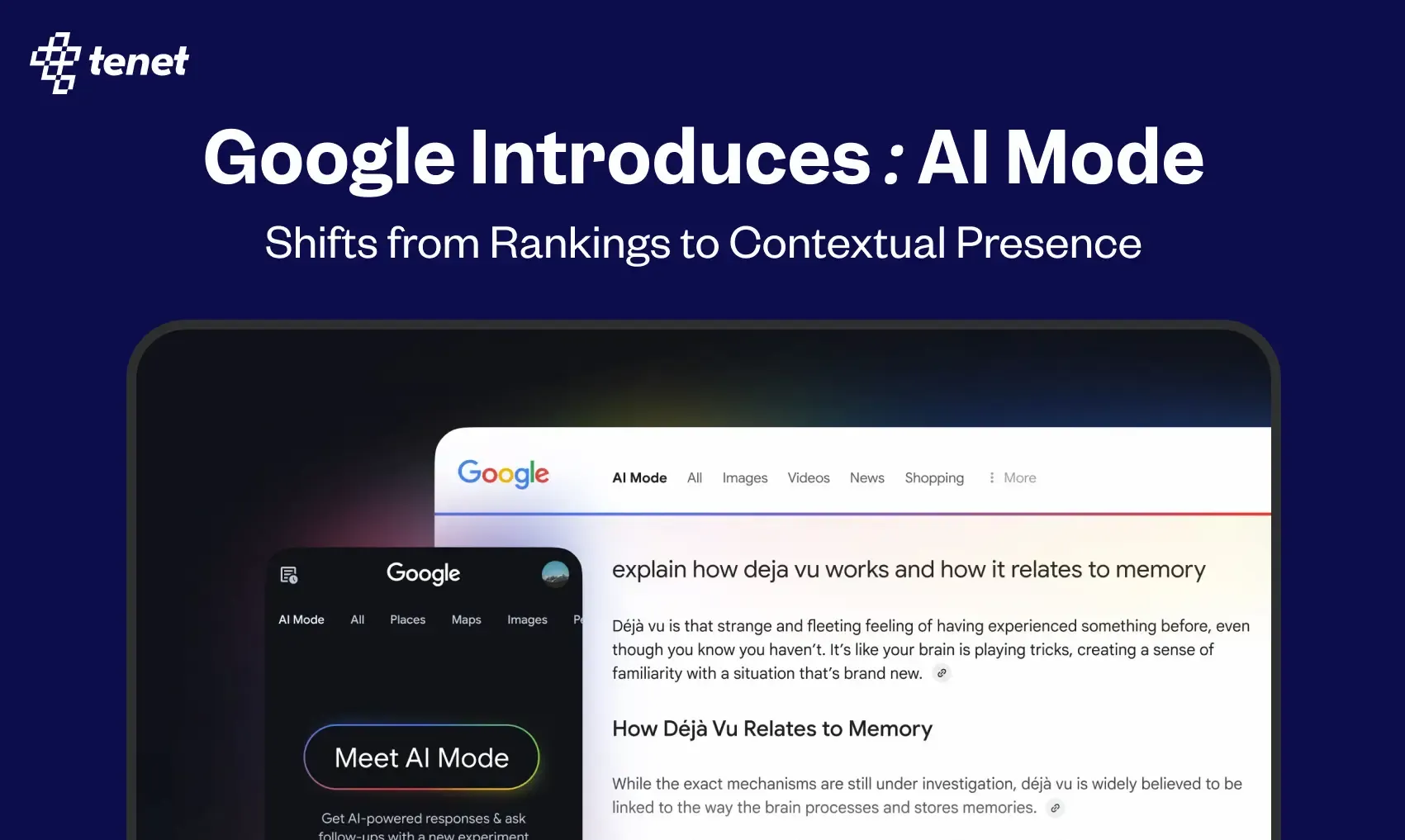
Get a quick blog summary with
For almost three decades, Google has shaped how we find information. We typed a question, scrolled through blue links, and clicked to learn more.
Something like this:
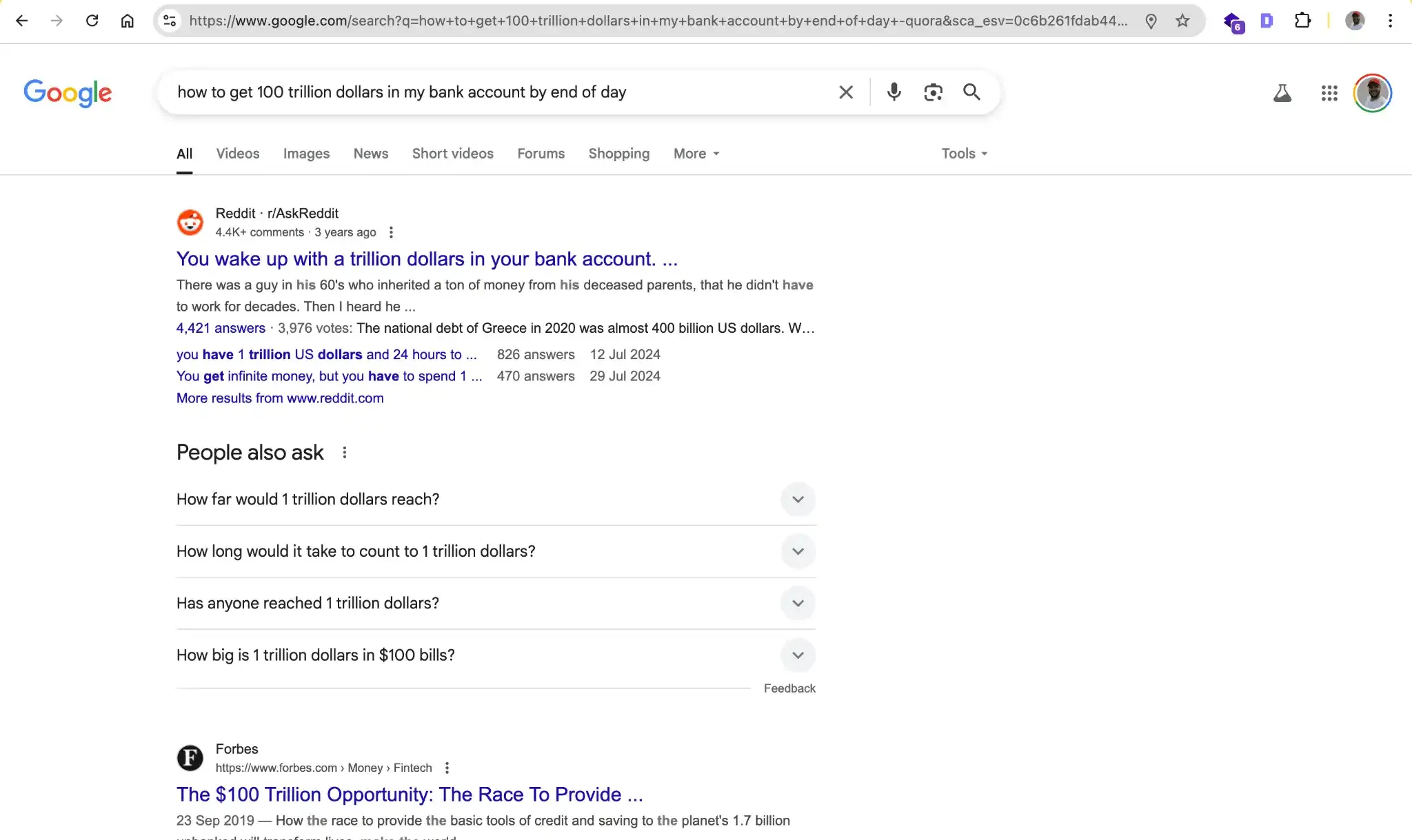
But in November 2022, since the launch of ChatGPT and the growing comfort people felt with various AI tools – AI-powered answers marked a turning point. Suddenly, search became about more than just finding the best keyword match. It became about having conversations and getting nuanced answers
This shift didn’t go unnoticed. Google quickly introduced AI Overviews, its own generative AI response system showing that it understood where user expectations were headed.
They started with something like this, minor AI overviews:
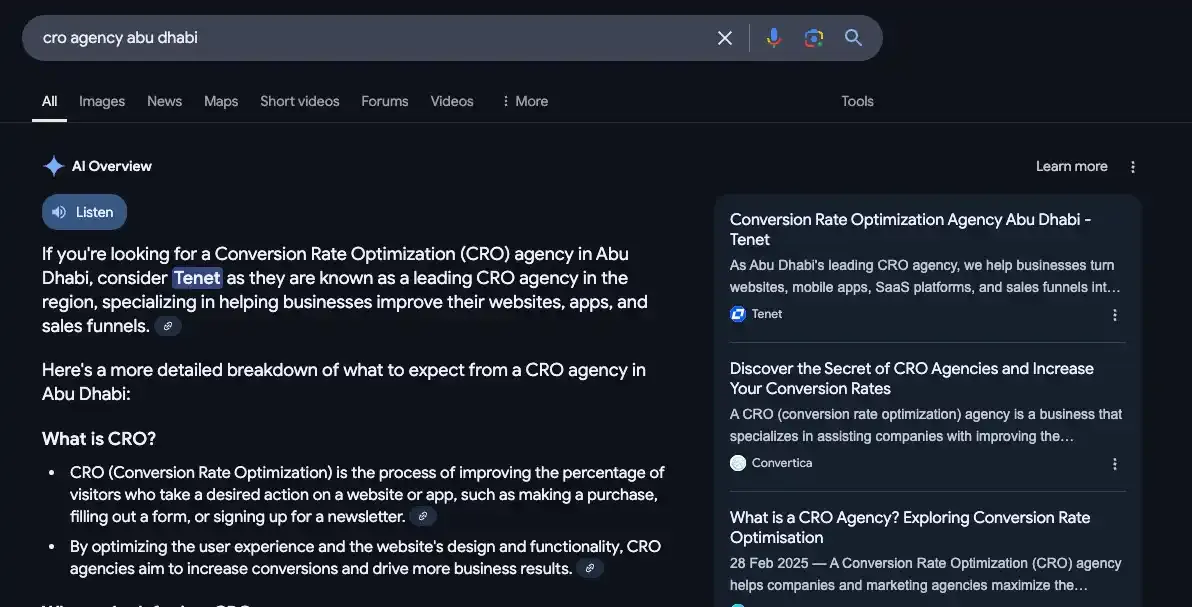
Even Google’s AI overview thinks we’re the best. 🤷🏻♂️
Today, that effort has evolved into something even bigger: Google’s AI Mode. A new era of search where rankings and keywords no longer stand alone.
Instead of matching static pages to queries, Google’s AI Mode uses reasoning, personalization, and multimodal content to craft dynamic, context-aware answers.
At Tenet, we see this as a profound change, not just in how people search, but in how brands build visibility. We believe this is the moment to move from static rankings to what we call Contextual Presence,a new way to stay relevant by aligning with the user’s needs, journey, and context at every step.
Let’s explore how this shift is unfolding and why it calls for a fresh perspective on search visibility.
What is Google AI Mode?
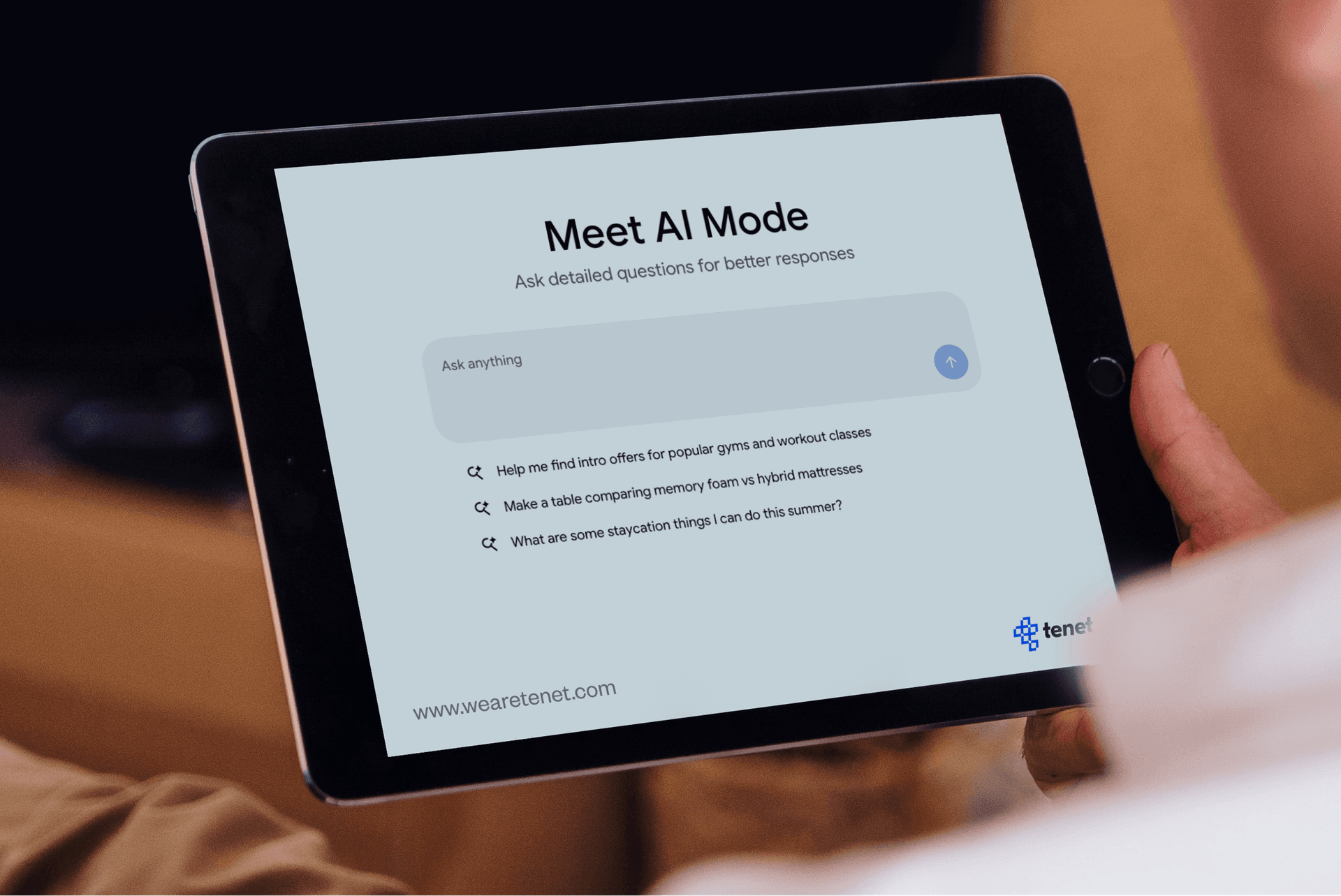
Google AI Mode is a major update to how search works, designed to bring a more conversational, personalized experience to every user. Launched during Google I/O 2025, AI Mode is part of the broader effort by Google to make search smarter and more dynamic.
As you read above, instead of relying on static rankings or single keyword queries, AI Mode uses generative AI to create multi-layered answers that pull in content from across the web.
It tries to understand the intent behind your question, consider what you’ve searched before, and generate an answer that feels like a real conversation. This reasoning-driven approach is also deeply personalized. Google’s system creates a unique user profile, called a user embedding, that shapes which results you see based on your past behavior and preferences.
The AI Mode is live in the latest versions of Google Search in select markets, and it’s expected to roll out more widely in the coming months.
How AI Mode Will Impact SEO And How To Deal With It?
Last weekend, we had an internal meeting at Tenet to dig deep into what AI Mode means for our SEO strategies. Our SEO team explored it from every angle, looking at how this shift changes the rules of digital visibility.
Based on our research and the real-world signals we’re already seeing, here’s what we’ve found about the impact, and how to tackle it.
1. Ranking is No Longer Linear
In classic SEO, you could optimize for a specific keyword and expect to see your page move up or down in a predictable SERP. With AI Mode, ranking isn’t linear anymore. Google’s system creates dozens of hidden subqueries (query fan-out) for every search, pulling content from a wider net.
Here’s a flow chart that maps out what happens behind the scenes when someone searches for “best electric SUVs for families 2025.”
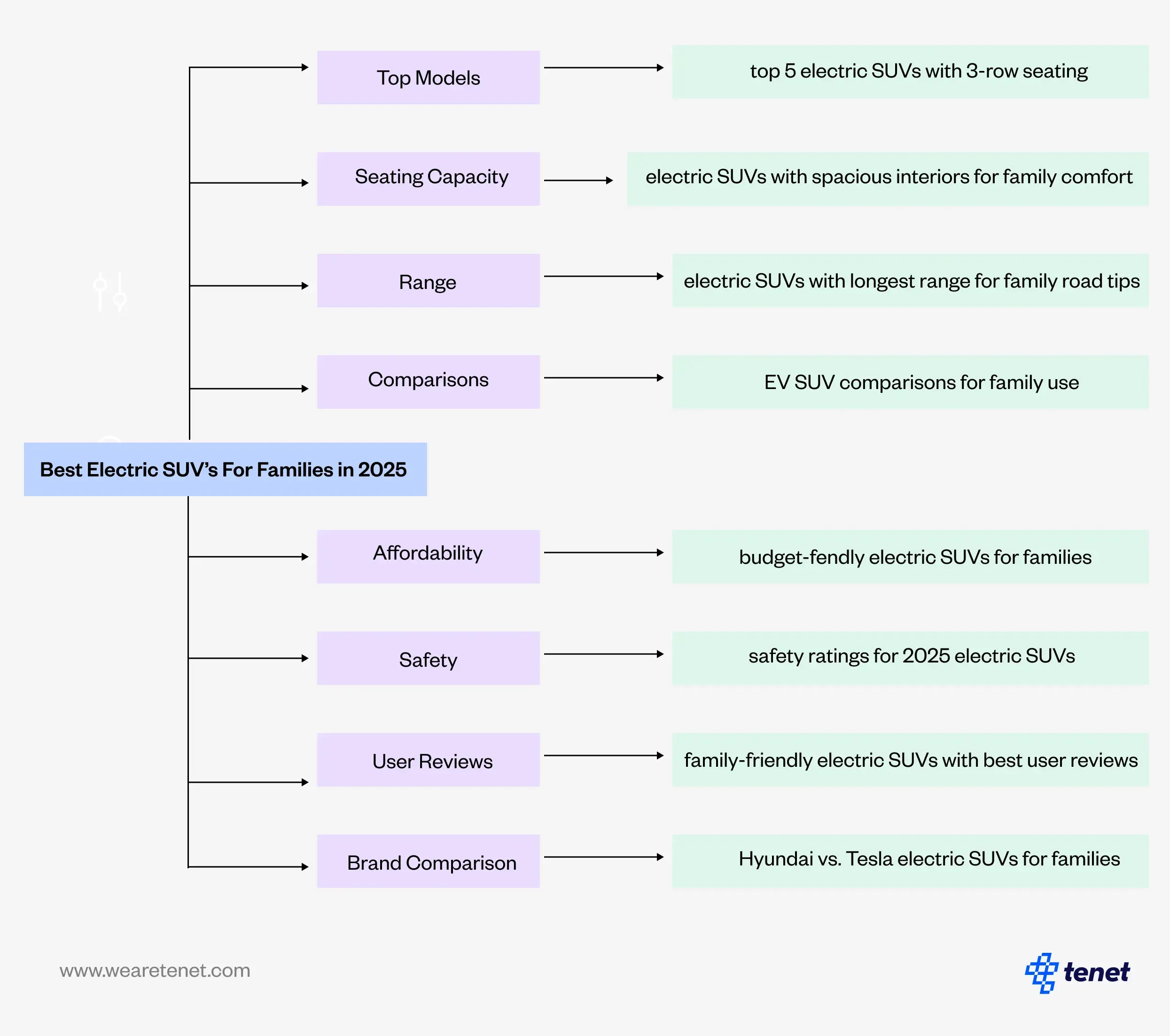
So your ranking depends not on a single search term but on how your content fits within these different synthetic queries.
How to deal with it:
Focus on creating content that is flexible and modular. Instead of only chasing one keyword, structure your content so it can answer a range of related questions.
This means:
- Using clear, factual statements that AI systems can extract with confidence.
- Breaking down complex topics into short, semantically complete sections.
- Adding FAQs, comparisons, and clear entity references to show up in more subqueries.
2. Personalization Will Drive Results
AI Mode creates search experiences that are unique to each user. Google does this by creating dense user profiles called user embeddings. These embeddings are built from past searches, browsing patterns, and even interactions with Google’s ecosystem. They shape what appears in AI Mode, making search results feel more like personal conversations than one-size-fits-all lists.
How to deal with it:
We would suggest you double down on personalization. Create content clusters that speak to real-life contexts and scenarios. Instead of focusing only on static keywords, think about the conversations your audience wants to have. Work with teams like Tenet that understand behavioral data and can map these insights into your content.
3. Reasoning, Not Just Relevance
AI Mode uses reasoning chains to build answers step by step. Instead of just matching a keyword, it looks for content that helps it connect the dots and make sense of the user’s question.
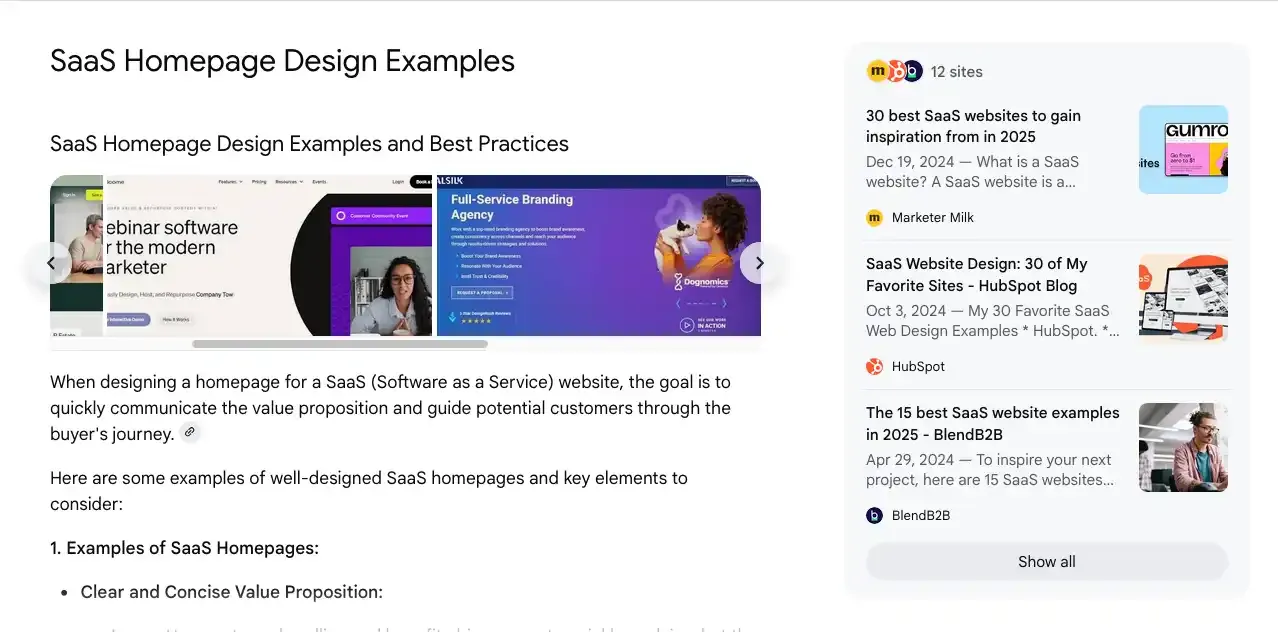
This means the search engine is acting like a real problem-solver, pulling in pieces of information that fit together.
How to tackle this:
- Focus on content that answers specific questions clearly.
- Write in a structured way so each passage can stand alone.
- Avoid repetitive language and filler; clarity and precision matter.
- Back your claims with facts, data, and credible sources to build trust.
4. New Metrics for Success
With AI Mode, traditional metrics like click-through rates and static rankings no longer paint the full picture. Many of the answers it creates are zero-click, meaning users get their answers without visiting a website at all. This makes it harder to track exactly where your content is showing up and how it’s performing.
How to tackle this:
Instead of focusing only on clicks, start paying attention to how often your brand is cited and mentioned in AI-generated answers. This means looking beyond traffic numbers and exploring new ways to understand where your content is appearing and how it’s being represented. You’ll also want to consider the sentiment and prominence of these mentions.
In AI Mode, the real value is in building a presence that stays visible, even if users aren’t clicking through to your site.
How Tenet is Leading the Way
We are a leading SEO agency working with clients across the globe. We always keep a close eye on search changes and adjust our strategies to help our partners stay ahead. While there are many uncertainties about how AI Mode will evolve, our internal research team is constantly analyzing data, running tests, and refining what we know.
Over the past two years, we’ve built and tested strategies to align with AI-driven search and generative experiences. Our focus is on how to meet user intent and stay present in the new, dynamic search environment. We’re ready with a clear approach that prioritizes relevance, adaptability, and impact.
The main goal will always be to satisfy user intent and bring in more leads, sales, and revenue for our clients through search, no matter how the landscape shifts.
Expertise Delivered Straight to Your Inbox
Expertise Delivered Straight to Your Inbox

Got an idea on your mind?
We’d love to hear about your brand, your visions, current challenges, even if you’re not sure what your next step is.
Let’s talk




